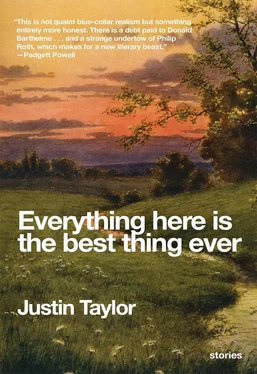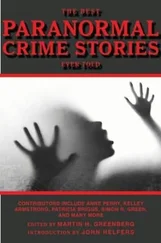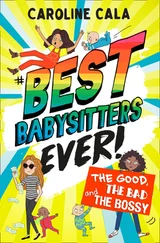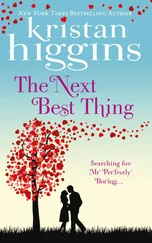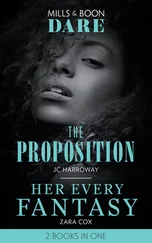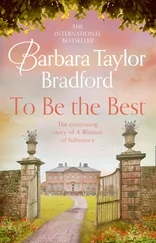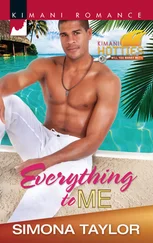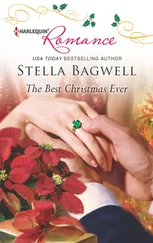“I don’t understand,” I said.
“Nothing’s free in this world, Brad,” she said, “or in the other. You pay for what you take.”
We were in love with the same girl and neither of us was ever going to have her. I had come to terms with this. But here was Dawn, fat horrible Dawn, alive with her yearning, ready to face down the very universe on behalf of her unanswerable desire.
“I want to be the one,” I said.
“No, this part isn’t for you. It’s mine.”
“I’m not cutting you,” I said. I reached for her wrists. She pulled back but I grabbed the stockings by their crotch. Angela, I thought, and tugged so Dawn pitched forward, her face close enough to mine for kissing. I needed that scar for myself. “Do it to me or it doesn’t happen. It’s less than a minute to midnight. You’re out of time.”
I pulled my tee shirt off and tossed it outside the power circle.
She took the knife back and proffered the coffee mug, which I took by the handle. “No,” she said, “hold the bottom, with both hands, like you would with any other chalice.”
“Right,” I said. “Any other chalice. Got it.” She untied the stockings from her wrists and bound mine with them. Her movements were brusque and furious. She bound me tighter than I had her.
“Keep the chalice upright, keep the wound over the chalice, and try to catch more blood than you spill. I should have known you would ruin this for me.”
I closed my eyes, thinking that there would be more chanting first, but it turned out that the time for talk had truly passed. There was nothing but the smell of grass, night’s incidental music of bugs and dogs and distant cars, and Dawn’s breathing, which I realized I suddenly no longer heard. She was holding her breath, we both were, and a knife doesn’t make any noise at all, gliding over — through — your skin. Not even a whish . The sensation was of something slick and delicate, powerful yet deft, an ice skater perhaps. A swimmer. Then my vision seemed to prism, and the world became pain. I cried out — no, that wasn’t my voice, it was Dawn’s — and my eyes flew open and we saw each other and past her I could see lights coming on in my house. She had flinched, or if she hadn’t I had, and the cut was too high up, life was pouring out of me in drafts, and no sound escaped my lips but one like air leaking out of a bike tire. I still had both hands on the chalice. I raised it up to my neck, and could feel it gaining weight in my hands. It was filling — quickly. I let it drop, heard it thunk in the grass.
I tasted blood, felt it boil out of my mouth, up over my lip, and down my chin. Dawn tried to stand, her legs buckled, then she got hold of herself and half-stumbled out of the power circle. Running would make things worse for her. They’d find her and there would be so many questions with no right answers. I knew a feeling of bright lift, even as my body sank to the ground. I was a balloon within myself, tethered by a skinny, frayed cord. Ear to the earth, I could hear feet thundering closer — my parents, no doubt — and realized that the witch had been right about everything, and I was glad to have helped her, though we had screwed the thing up so badly. Come to think of it, however, I didn’t know enough about this stuff to declare our failure with any certainty. And if we had succeeded? What would there be for Angela to come back to? I hated to think we might have made things worse for her — we loved her, after all — and I concentrated my attention away from what was happening — it wasn’t hard — I was only being shaken, and Mom was screaming — to puzzle out the question, but someone far away was slipping the soft bonds from my wrists and this action unstrung the tether as well. In the midst of absolving brightness I saw the beautiful answer and it was Kenny. The brother and sister would always have each other.
Off to the land of club soda unbridled
— David Berman, “Tennessee”
My little brother Rusty was on the back porch, lighting up.
“Hey,” he said.
“Rusty,” I said. “The smoking.”
“This is what Mom and Dad made you come home for? To try some weird bonding shit against my smoking?”
“They didn’t make me come home. It was a choice. I wanted to come.”
“Ran out of money, you mean.”
“What’s with the smoking?”
“Do you know how many Jews there are at my high school?” Rusty said.
What happened is the family moved because my father lost a job and my mother got one. They left Miami, where we had always lived, and came to this suburb of Nashville. I think they picked it because it had the good school system for my brother, who hates his full name, Russell, and so goes by Russ in all circles except the family, where he has always been and will always be Rusty. Everyone agrees the move was hardest on him — especially him. Me, I say what’s one suburb to another? We didn’t actually live in Miami. Not like South Beach, Calle Ocho, and everything. We lived in a middle-class suburb called North Miami Beach, in the shadow of a wealthier suburb called Aventura, with the real city somewhere maybe half an hour south. These places were all part of the “greater Miami area,” which was understood to be among the biggest Jewish communities in the country. Fourth biggest, people always said, though I don’t know where they came by that number or who was in the top three. I was ten years old before I made a non-Jewish friend. (Her name was Marie Hahna and I fell right in love.)
“How many Jews are there at your high school?” I asked my brother.
“Eleven,” he said. “And three of them are done after this year.”
“Wow.”
“You know what I heard one kid say to another?”
“What?”
“Three down, eight to go.” Rusty smiled, a pleasureless near-grimace. He drew smoke and then blew it out slowly. It hung close about him like a morning mist.
“Oh come on, they didn’t.”
“Did.”
“And this is a reason to smoke?”
Rusty’s more right than he knows, about why I’m home. Or maybe he knows exactly how right he is and I’m the one who doesn’t know.
When I called to ask for a little helping hand my father wouldn’t even get on the phone, though I could hear him in the background. Boy, could I ever. Shouting and shouting. My mother, though no less disapproving, fostered a sort of muted respect for the time I had spent — in her words— finding myself .
She sent the money. Here I am.
In Miami, where everyone was a Jew, you didn’t think about it. It didn’t matter. It was assumed. You put in your time: Rosh Hashanah, Yom Kippur. Drone along with the congregation, slur the memorized phonetic Hebrew. Hello, Mrs. Nussbaum— mazel tov about your daughter. Forget black hats, wigs, holes in the sheet. We were Hannukah-and-lox Jews, not the Kashrut-and-Shabbos kind. But now we lived in a city with a mere four thousand Jews and a paltry three synagogues (my mother’s figures). So my parents were finding themselves, making cultural overtures, like enrolling my brother in Youth Group and buying the Schindler’s List deluxe box with the director’s cut and survivor interviews.
Through some program at their new synagogue they had donated a small but not miserly sum to aid Jewish “settlers” in Israel, a designation I took strong issue with. Soon enough my father and I were standing on opposite sides of the kitchen table, on the edge of a blowout over Palestine.
“That bastard,” my father said. “The one you read. That Chomsky, that — Jew-hating bastard!”
“Chomsky’s Jewish,” I said.
“A self-hating Jew, maybe,” he said. “Like you.”
Читать дальше
